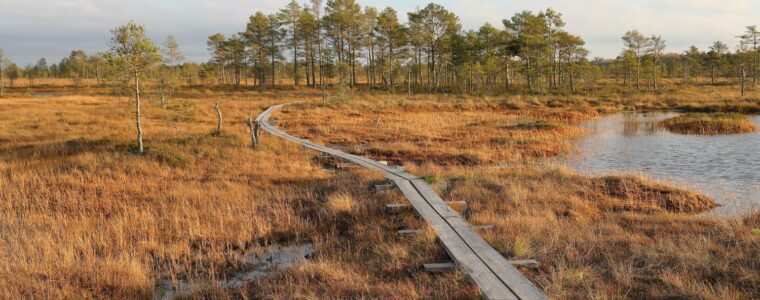The BIOS2 Research Funding Program supports open projects in biodiversity science and non-NSE domains proposed by academic members.
The BIOS² training program provides a framework to foster collaborative, multidisciplinary and cross-sectoral research. It focuses on training the next generation of highly qualified people in quantitative ecology as well as future actors and decision makers in the biodiversity science sector. The main objectives of the program are to widen opportunities and skill sets among students and increase their recruitment in Biodiversity science in the Canadian job market.
We are currently offering financial support for projects in biodiversity science, and in non-Natural Sciences and Engineering domains. The aim of this call is to fund projects, not students. Once the project is awarded, students are selected by the academic member(s) leading the project.
Read More “Call for proposals: Open projects in biodiversity science and Non-NSE domains”






